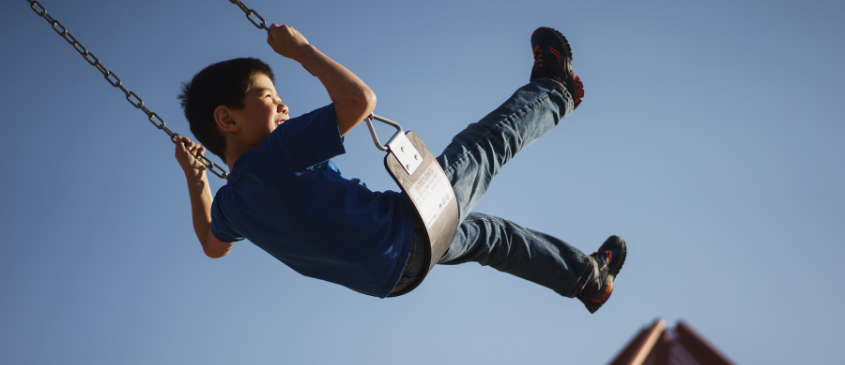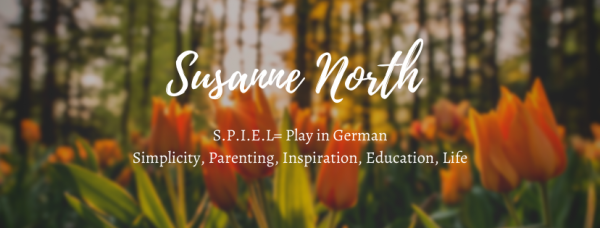The World on a Forced Sabbatical

It has taken a deadly, invisible and microscopic enemy to force the whole world to stop dead in its tracks. Susanne North explores the upside to the world-wide forced sabbatical.
A forced sabbatical
It became law, overnight, everywhere. It was weird at first. Then, slowly, an almost collective sigh as people were given the permission to slow down and simplify their lives, especially from parents who are run ragged shipping their children from one activity to another.
Perhaps we required a worldwide lockdown to awaken us: that ‘less is more’, that living a slower and simpler life is actually more beneficial for us long-term, especially for our children.
Many families are struggling big time with the lockdown, fiscally, mentally and emotionally. There have, however, been some surprising positives in the coming together.
Many families have discovered a new sense of calmness, connectedness and cohesiveness.
Simplicity Parenting
Kim John Payne, internationally renowned family consultant and the founder of the Simplicity Parenting Movement, has long argued that one of the reasons why our children are so anxious, hypervigilant and often misbehaving is that they are being overscheduled, overwhelmed and overworked.
Much needed ‘free time’ becomes ‘free to be filled time’ with extra-curricular activities that are adult directed, structured and often outcome oriented. Our own homes have become hot houses that no longer provide the calm and safe haven allowing children to slow down.
Yet, what our children really need are regular pockets of ‘slow’ or ‘doing nothing’ time. Time to just ‘be’, hang and play. Free time where children can explore their own interests, imaginations and creative abilities without having to succumb to expectations or performance pressures. Time to just lie in the grass and marvel at the sky.
Sabbatical (from the Jewish word ‘Sabbath’) is a period of rest from work.
Psychologists have long recognised that creativity thrives on unstructured time, on play, on nondirected ‘divergent’ thinking.
‘Freedom time’ is also vital to children’s mental health as they need time to process their daily experiences and sensory overload, fostering healthy emotional self-regulation. This precious time allows children to become spiritually curious and attuned, creating space for introspection, reflection and prayer.
Benefits for parents too
When our children slow down, so do we as parents. When we allow ourselves to disconnect from all the external pressures, we actually connect with our children on a much deeper level. We create space to tune into the needs of our children and be present with and to them, one of the greatest gifts that we can give them.
Slowing down helps families to create pockets for family prayers, expressing gratitude, savouring those precious moments and nurturing spiritual growth.
Eliminating unnecessary stimuli, providing sanctuaries of quietness not only foster more harmonious relationships and make for happier children, but also benefit those who have behavioural problems.
Although the lockdown provides many families with their own challenges, it has given many children an opportunity to re-claim their much-needed childhood. I see many happy little rosy cheeks riding their bikes for hours in our back lane, climbing trees, bringing neighbourhoods alive with colourful chalk drawings, building forts out of branches, connecting with nature and creating new games or maybe the next invention.
Freedom time bears fruit
Isaac Newton, one of the most influential scientists of all time, is a good example for someone who benefited from slow time. Freed from academic pressures of the curriculum, Newton made three of his major discoveries during the plague ‘lockdown’ in 1666, a time when he experienced bursts of creativity and free thoughts.
Many of the world’s famous composers, philosophers and artist came up with their best ideas during ‘doing nothing’ time.
The lessons of ‘freedom time’ for our children will hopefully remain influential.
Many parents will soon have to return to the previous rat race even more ferociously than ever, to reopen their businesses and just provide for their families as the world economy struggles to recover.
The forced sabbatical however may have been very beneficial. It has given our children a chance to slow down allowing them to be a child.
‘Freedom time’ is good, inexpensive and great for their mental health. Not just for our children but for the entire economy in the long haul.
This is an edited version of the article that was first published in the school newsletter of St Margaret Mary Catholic Primary, Randwick North
Website: www.susannenorth.com.au

